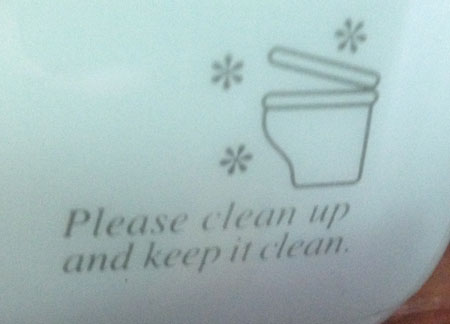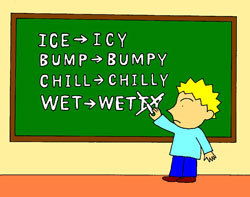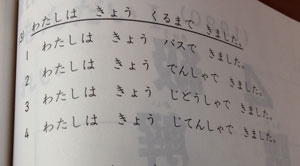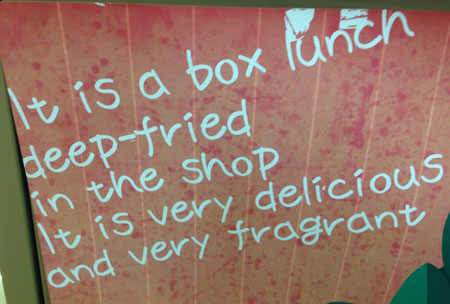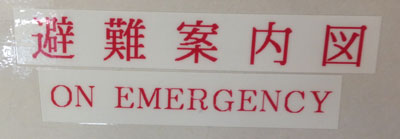This year I’m teaching English at a high school as an Assistant Language Teacher. Recently I had my students do some writing which involved research. I was shocked to find how many students used Google Translate, for an assignment that was supposed to give them practice writing English! And even worse, some students copied their English from Wikipedia!
I have heard that, at least in the past, plagiarism was common among Japanese academics. In other words, copying from someone else’s writing and saying that you wrote it yourself. In American universities or high schools, students will get in trouble for submitting work they did not write themselves. At the high school where I teach as well, I was fully supported in giving the students who copied from Wikipedia a grade of “zero”.
But it seems odd to me that the students don’t seem to understand what’s wrong with it. My sense is that their feeling is not “Oh, no, I was caught”, but rather “What? You mean it’s not OK to do that??” So, it’s kind of frustrating.

